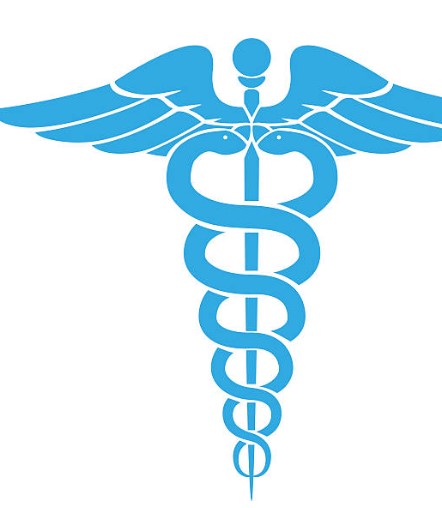
DDPHE School Corner: Disease Updates
March 2025
An Important Public Health Update about Measles
The Denver Department of Public Health & Environment (DDPHE) is continuing to monitor increased measles activity in neighboring states and across the country. Measles is a highly contagious and serious disease caused by the rubeola virus. Any suspected or confirmed case of measles is a reportable communicable disease condition in Colorado. When a case of measles is suspected, public health officials will work directly with healthcare providers to investigate and respond to cases, to ensure the ongoing health and safety of students, staff, and the surrounding community.
To confirm, as of March 21, there have been no measles cases reported in Denver or across the state of Colorado. While the risk of measles is low in well-vaccinated populations, it is highly contagious and spreads easily in under-vaccinated communities. There is currently an active outbreak of measles located in the South Plains region of Texas and New Mexico, resulting in 317 cases and 2 deaths as of March 18, 2025.
The best way to protect our Denver community from measles is to receive the measles, mumps and rubella (MMR) vaccine. The MMR vaccine is a two-dose series, the first dose given at 12-15 months and the second dose age 4-6 years. MMR is one of the safest and most effective routine vaccines available. Two doses of MMR are about 97% effective at preventing measles and one dose is about 93% effective. Though the MMR vaccine is generally administered on this routine schedule, receiving catch-up doses as a child or adult can still provide the same protection. As a reminder, Colorado law requires all students attending licensed child cares and schools to be current on MMR vaccination, unless an exemption is filed.
Vaccines are widely available through your child’s healthcare provider and local pharmacies. If you are a Denver Public School (DPS) family, you may be able to receive vaccinations through Denver Health’s School-based Health Centers (SBHC). Children who are eligible, and individuals who are uninsured or underinsured, may also be eligible to receive vaccinations through DDPHE. For vaccination questions or to request an MMR vaccine through DDPHE, contact the nursing team directly at ddphepubhealthnurse@denvergov.org.
While measles is no longer common in the United States, it is still endemic in many areas of the world including parts of Africa, the Middle East, and Asia. With spring break travel on the horizon, the Centers for Disease Control and Prevention (CDC) recommends being fully vaccinated against measles at least 2 weeks before traveling. The CDC also recommends infants 6-11 months receive an early dose of MMR before traveling to an area with ongoing measles activity, either internationally or domestically. After receiving an early dose of MMR, the child should still receive the normal MMR vaccine schedule at 12-15 months and 4-6 years. It is also recommended to stay informed on areas, international or domestic, experiencing outbreaks or higher levels of measles spread, and plan your travel accordingly.
All suspected cases of measles are immediately reportable to public health. If you have concerns or questions regarding measles, please contact DDPHE at ddphe_epi@denvergov.org.